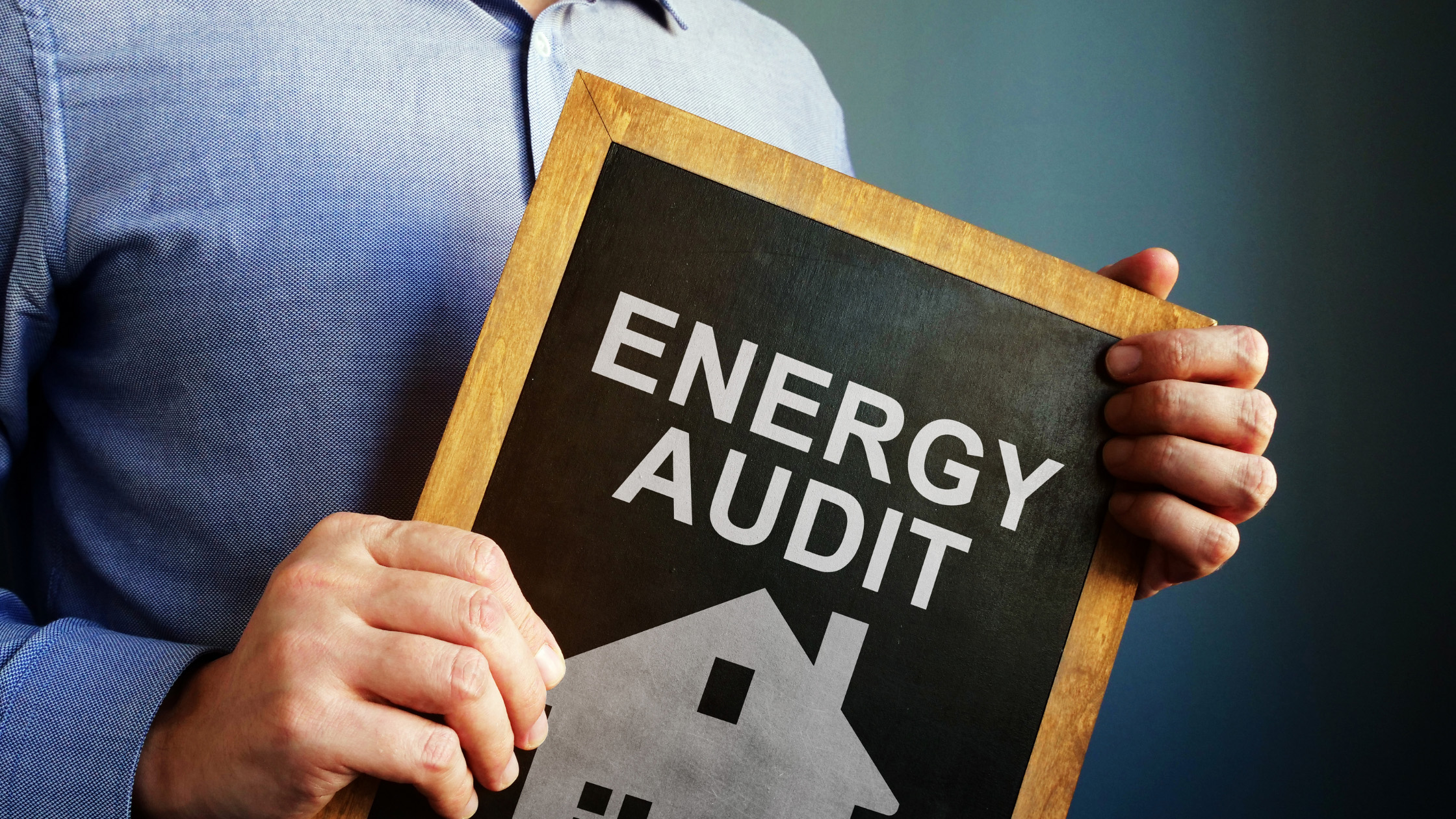Are you looking for ways to save money on your energy bill? One of the best ways to do this is by conducting a home energy audit. A home energy audit can help you identify where your home is losing energy and how you can fix it. Let’s discuss how to perform a DIY home energy audit and key areas to look for when conducting one. A DIY project may sound appealing, but using a professional company like Wattson Home Solutions can improve results.
How to Perform a Home Energy Audit
What is a home energy audit? A home energy audit evaluates how much energy you use in your house and can point out areas of inefficiency. Home energy audits are beneficial for finding places in your home to increase your energy efficiency, lower your utility bills, and even improve your indoor air quality. Can you do a home energy assessment yourself? Sure, but if you aren’t sure what to look for or evaluate your energy usage, you could be missing vital information.
Look for Air Leaks in Vulnerable Areas
Common areas to check for air leaks include doors, windows, and electrical outlets. How do you check for air leaks? A professional energy audit expert will do a blower door test. They use high-powered fans to depressurize your home’s air and check for air leakage. If you’re like most homeowners and don’t have a blower door machine, there is another way you can check for air leakage. All you need is some masking tape and an incense stick.
Save Energy and Inspect Your Current Insulation
One of the best ways to save energy is by making sure your home is properly insulated. Insulation ensures your home stays comfortable and affects your indoor air quality. You can do this by checking your insulation levels and quality. You will need some thermal imaging equipment or an infrared camera to do so. If you don’t have access to either of those, you can use a simple trick: check the insulation in your attic.
Inspect Your Lighting and Evaluate Energy Efficiency
Electricity costs can account for a good percentage of your utility bills. Check your lighting fixtures and lamps and see what type of lightbulbs you’re currently using. Replacing older incandescent lightbulbs with LEDs is one of the easiest energy efficiency improvements you can make. Energy.gov provides an excellent guide for making the right LED lightbulb purchase for your home, which can lead to long-term energy savings.
Inspect Your HVAC System
Your HVAC system should be inspected at least once annually. During home energy audits, it’s essential to replace your HVAC air filters to ensure your home is getting the optimal air quality. If your HVAC system is older than 15 years, it may be time to consider replacing your system altogether with an energy star rated system.
Consider the Energy Efficiency of Your Appliances
Another way to save on your home energy bill is by evaluating your appliances. Start by checking the Energy Guide label on all of your appliances. This will tell you how much energy each appliance uses. If your appliance doesn’t have the Energy Star label, it may be time to switch.
Benefits of Hiring a Professional Energy Company
As tempting as it may be to conduct home energy audits yourself, it’s essential to hire a professional. Here are a few key reasons why hiring a professional is the best option.
- A professional can save you valuable time. An energy audit may sound quick and easy. On the contrary, it can take you a lot longer to complete if you don’t know what you’re looking for. An energy audit professional can be in and out in a few hours.
- Hiring a professional can save you money. If you don’t have the right tools to audit certain areas of your home, such as the insulation, you will need to purchase these items on top of paying to make improvements. An Wattson Home Solutions team member will already have the tools ready to go and know exactly how to use them to maximize the chances of finding vulnerable areas of your home.
- An energy technician is more consistent at finding vulnerable areas of your home. A professional is an expert in this industry and will know exactly where and what to look for. If you’ve completed your energy audit and have missed areas, they will know what to look for and help fix any mistakes.
- A professional can suggest the best ways to improve the efficiency of your home. They can provide value-added benefits and education so you can make an informed decision on the best improvements for your home.







